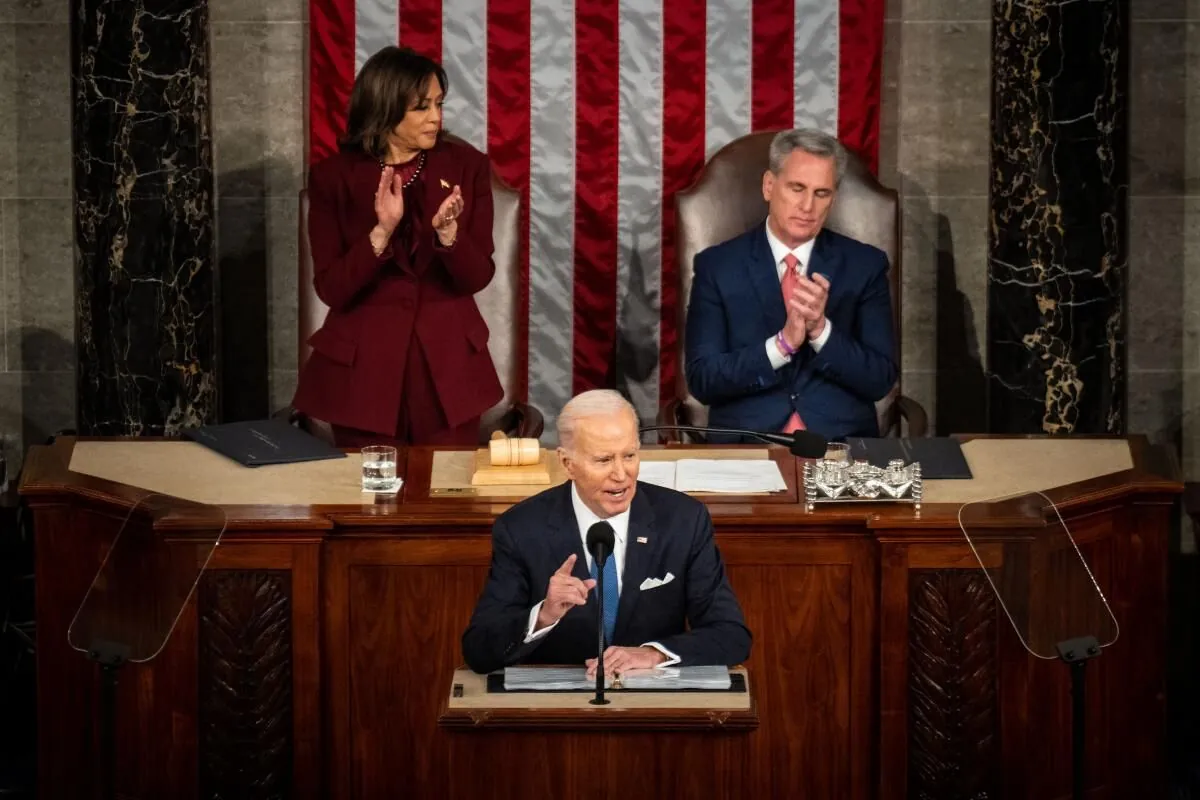Vance's Health Insurance Proposal Sparks ACA Debate
Senator JD Vance's suggestion to revise health insurance pools reignites discussions on Affordable Care Act protections. Democrats seize opportunity to highlight healthcare as a key election issue.

Senator JD Vance of Ohio has reignited the debate on healthcare reform by proposing changes to health insurance pools. This move has prompted Democrats to revisit a topic that has historically favored their party.
Vance suggested grouping chronically ill patients into separate insurance pools based on their elevated risks. This proposal would effectively reverse a key aspect of the Affordable Care Act (ACA), which was enacted over 14 years ago and has since become a cornerstone of the U.S. healthcare system.
The ACA, also known as Obamacare, introduced significant changes to the health insurance landscape. It prohibited insurers from denying coverage or charging higher premiums based on pre-existing conditions, a practice that was common before the law's implementation. The ACA also mandated coverage of essential health benefits and allowed young adults to remain on their parents' insurance until age 26.
Kamala Harris's campaign quickly responded to Vance's comments, emphasizing the potential threat to healthcare coverage for millions of Americans. The Vice President has been vocal about building upon the ACA, contrasting this approach with Donald Trump's previous attempts to repeal the law during his presidency.

Healthcare remains a crucial issue for voters. A recent poll by KFF, a nonprofit health policy research organization, found that more voters trust Harris over Trump on handling healthcare costs. This nine-point advantage is one of Harris's strongest compared to Trump, who maintains leads in other areas such as the economy and immigration.
The debate over healthcare reform has significant implications for different patient groups. Pre-ACA, 35 states operated high-risk pools for individuals with pre-existing conditions, often resulting in high premiums and limited access to coverage. The ACA's implementation led to a dramatic decrease in the uninsured rate, from 16% to approximately 8%.
Republicans have proposed alternatives to the ACA, with some suggesting that Maine's 2011 risk-pool system could serve as a national model. However, Maine ultimately merged its insurance markets in 2022, moving away from the high-risk pool approach.
Laura Packard, a cancer survivor and healthcare advocate, expressed concerns about returning to a pre-ACA system:
"I am in remission now, but no insurance company if ever given the choice to choose their customers would ever choose to cover me at a price I could afford. If we go back to the days of high-risk pools, that's not going to work for anybody that really needs their health care."
As the debate continues, both parties are likely to focus on healthcare as a key issue in the upcoming election. The outcome could have far-reaching consequences for millions of Americans and the future of the U.S. healthcare system.


































